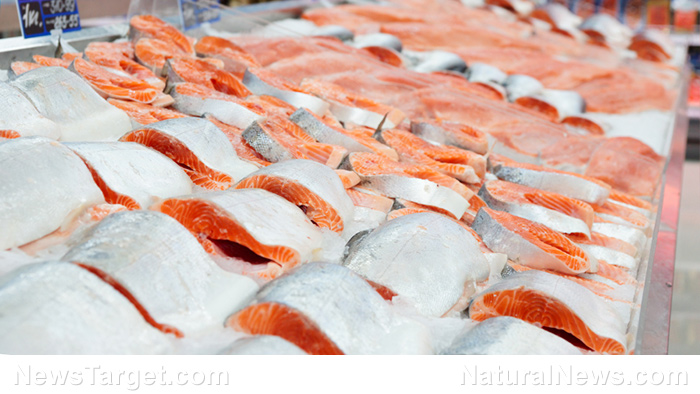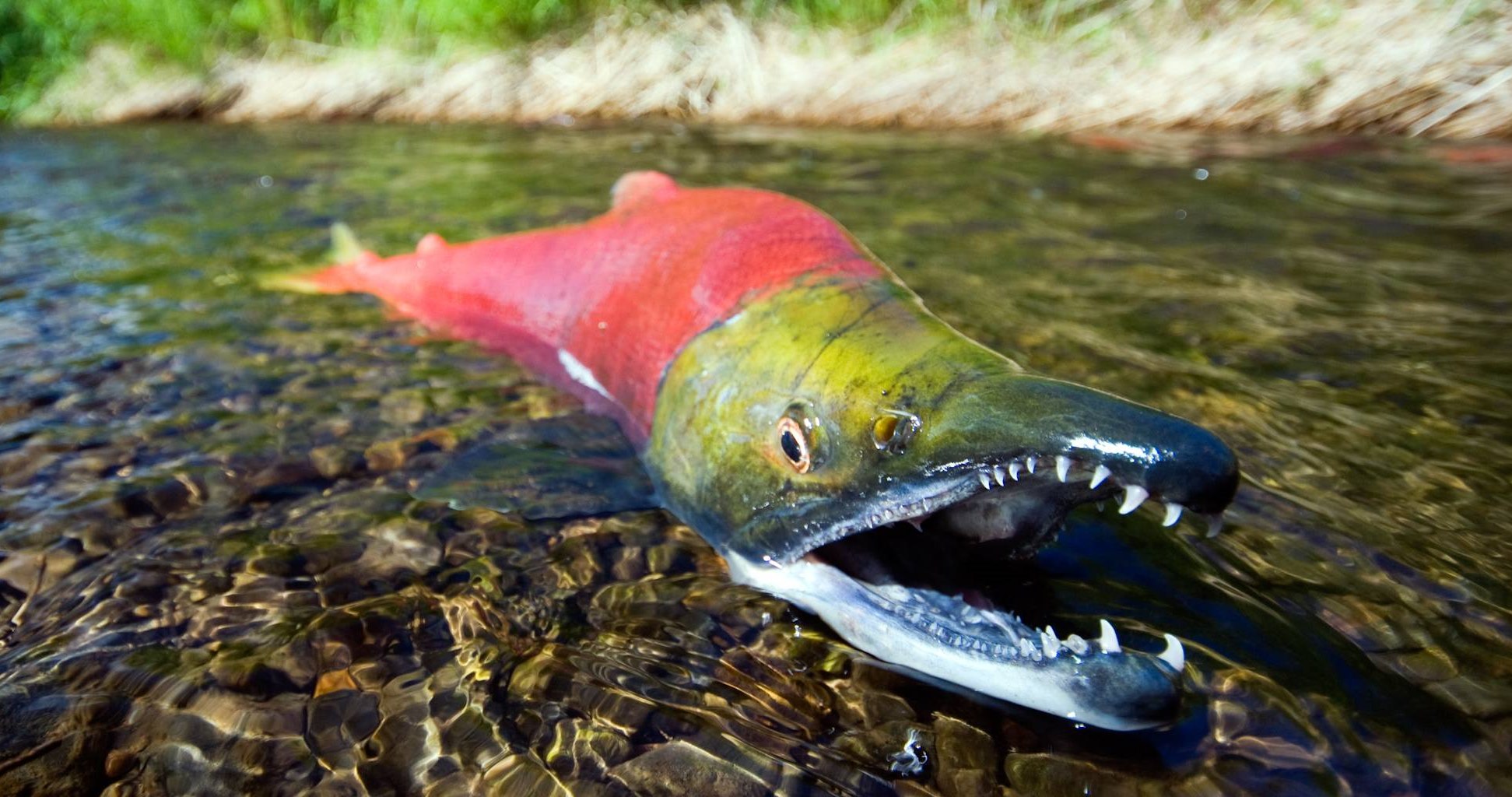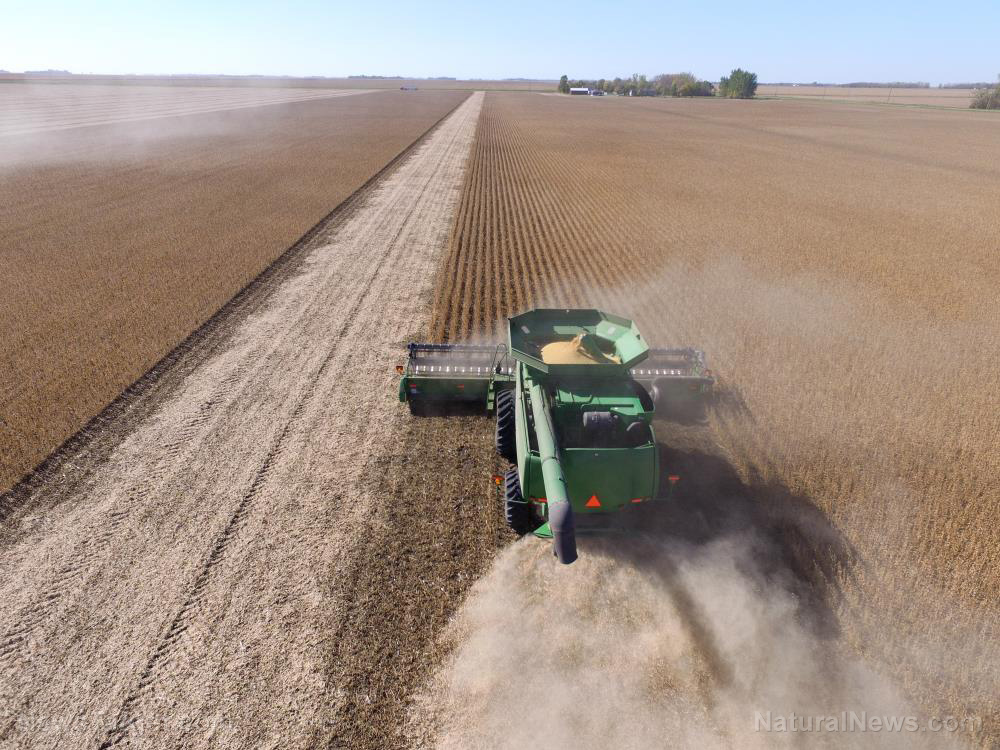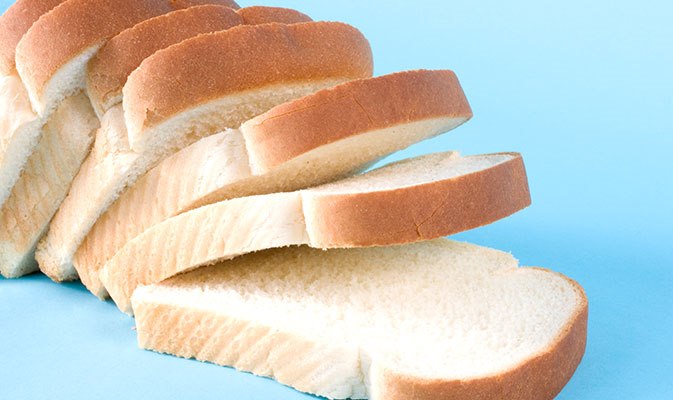Stretching your grocery budget AND helping the environment: Tips for reducing food waste at home
04/24/2018 / By Michelle Simmons
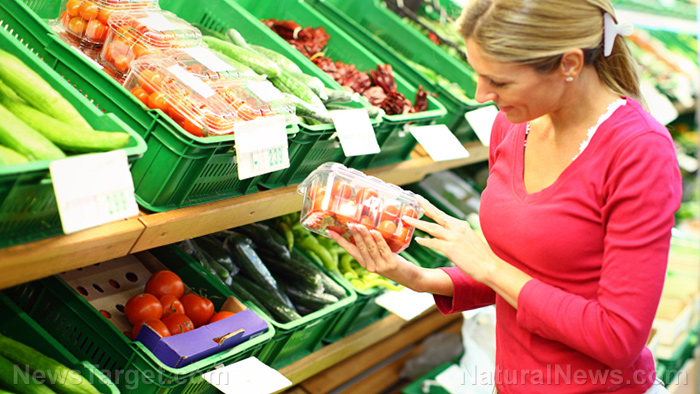
Save your money and the earth by switching to plant-based diets. A study published in the Proceedings of the National Academy of Sciences (PNAS) suggested that hundreds of millions more people could eat from the same sources if animal-based diets were replaced with plant-based diets.
Globally, nearly a third of food produced for humans to eat is estimated to be lost or wasted. However, the biggest food waste, which was not included in the estimate, may be through dietary choices that lead to the misuse of environmental resources. This second type of wastage was identified as “opportunity food loss” by researchers at the Weizmann Institute of Science. Opportunity food loss comes from the use of agricultural land to produce animal-based food rather than nutritionally similar plant-based alternatives. The term was derived from the “opportunity cost” concept in economics, which is the cost of choosing a particular alternative over better options.
In the study, the researchers compared five main resources of animal-based food — beef, pork, dairy, poultry, and eggs — with the resources needed to grow edible crops of similar nutritional content in terms of protein, calorie, and micronutrients. When the researchers compared beef with a mix of crops — soy, potatoes, sugar cane, peanuts, and garlic — that offer a similar nutritional value when combined, they found that the land area that could produce 100 grams of protein from these crops would only provide four grams of edible protein from beef. This indicated that using agricultural land for producing beef rather than alternative crops leads to an opportunity food loss of 96 percent per land unit. Likewise, the estimated losses from not replacing other animal-based foods with nutritionally alike crops were enormous: 90 percent for pork, 75 percent for dairy, 50 percent for poultry, and 40 percent for eggs.
The researchers suggested that in the U.S. alone, choosing edible crops over animal-based items for human consumption would avoid opportunity food loss and would add enough food to feed an additional of 350 million people, or more than the total population in the U.S., with the same land resources. The findings of the study indicated that plant-based alternatives could produce two to 20 times more protein per acre.
“Our analysis has shown that favoring a plant-based diet can potentially yield more food than eliminating all the conventionally defined causes of food loss,” said Dr. Alon Shepon, study lead author.
Reducing food waste at home
Each year, billions of pounds of food are estimated to go to waste, which is equal to nearly 300 pounds per American citizen. These come from unconsumed food that grocery stores discard because the produce is “ugly” or food that consumers leave on their plates. Food is also lost when available food goes uneaten after being harvested because of agricultural conditions or improper storage. In addition to wasted money, nutrients are also wasted because the more commonly discarded foods are plant-based items. Thus, prevention of wasted food should be done, and one can start this at home. Here are some ways on how to reduce and prevent food waste:
- Plan meals based on the ingredients that are already available at home. Select recipes that use the available ingredients and only buy the ones you do not have.
- Only buy food that you can eat or freeze within a few days.
- Place foods that easily get spoiled within sight.
- Properly store food and only wash produce right before using.
- Try to make use of leftovers creatively.
- Be conscious of portion sizes when preparing food at home as well as when buying from stores. Only cook and buy what you can consume.
Read more news stories and studies on food supply by going to FoodSupply.news.
Sources include:
Tagged Under: Ecology, economy, environ, environment, food, food loss, food supply, food waste, green living, plant-based diets, wasted food




